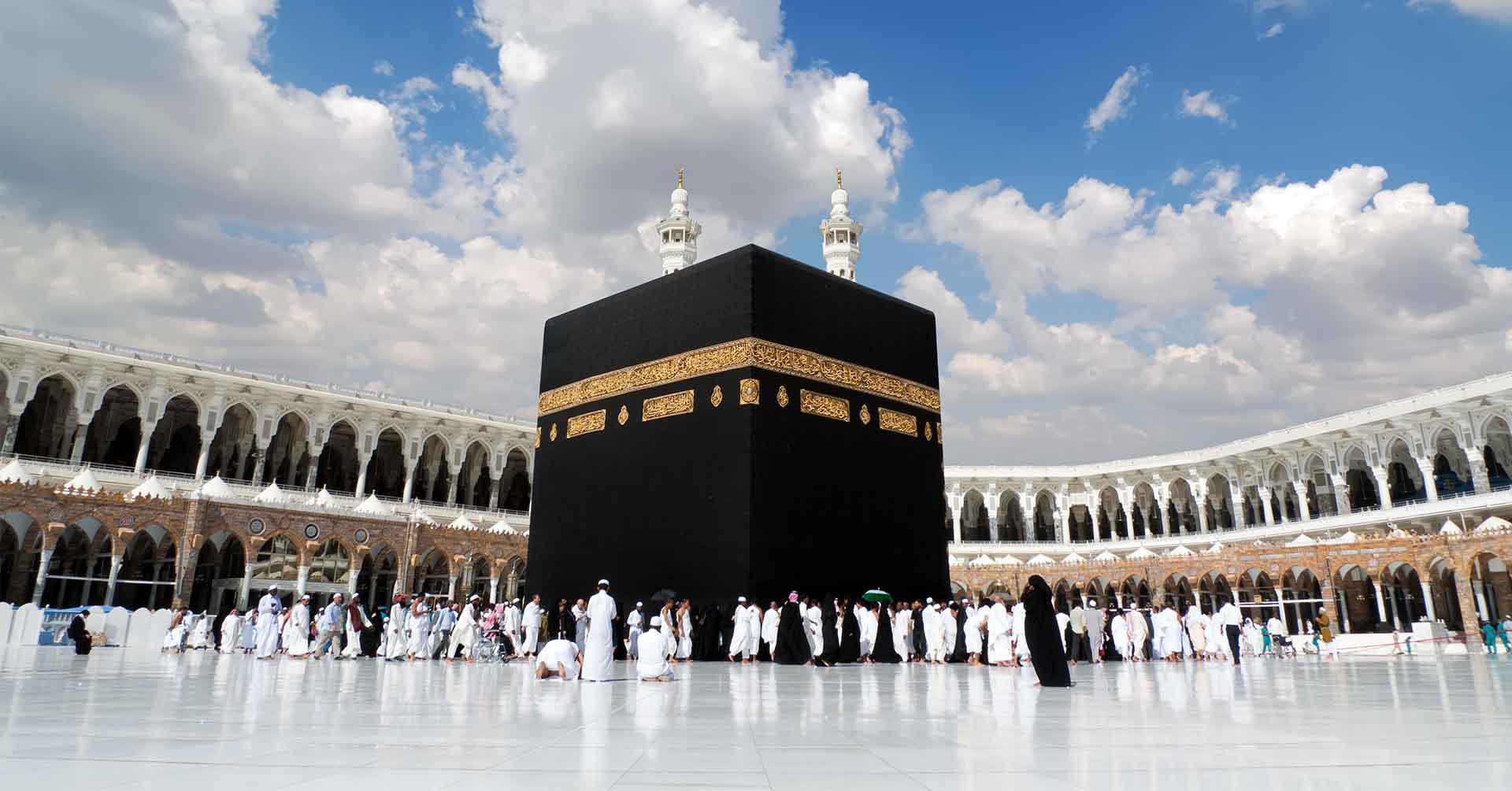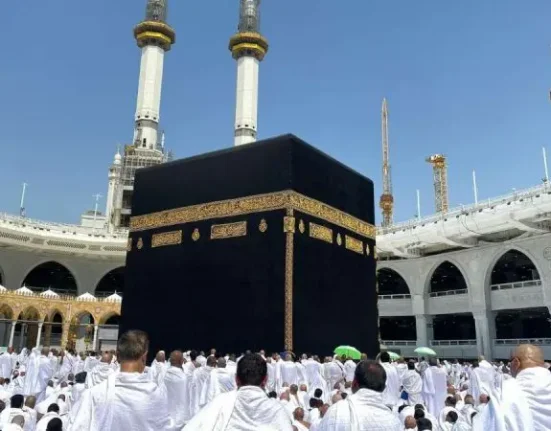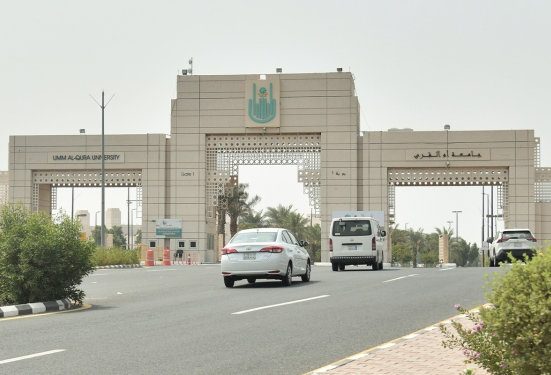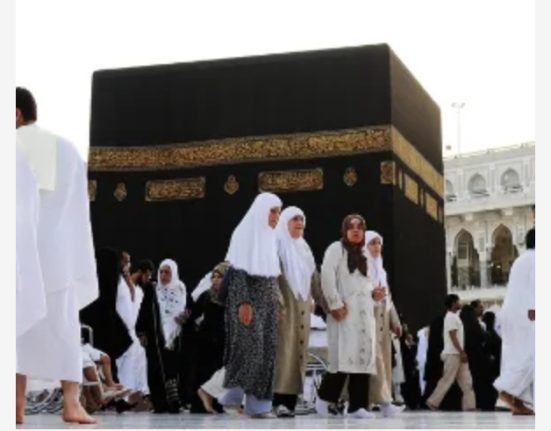In the heart of Islam, the pilgrimage to Makkah—known as Hajj—remains one of the most significant spiritual duties for Muslims across the globe. For the faithful in Nigeria and beyond, understanding who must undertake this holy journey and who is exempt is vital for religious adherence and spiritual preparedness. As KIIN360 investigates, the sacred obligation is deeply rooted in Islamic jurisprudence and applies only to those who meet specific criteria as established in Islamic law.
Hajj becomes compulsory, or farḍ, once in a lifetime for every Muslim who satisfies several clear-cut requirements. These conditions include being of the Islamic faith, reaching adulthood, possessing sound mental health, being physically fit, and having the financial means to cover the pilgrimage without hardship. Additionally, the journey must be safe and feasible—security concerns such as armed conflict, natural disasters, or travel restrictions due to pandemics can defer this obligation until circumstances improve.
A Muslim must first believe in Islam for Hajj to be valid or even required. The act of pilgrimage holds no religious weight for non-Muslims and cannot be performed on their behalf unless they first accept Islam. Secondly, only individuals who are of sound mind and capable of understanding the rites and responsibilities of Hajj are considered liable. A person suffering from mental incapacitation is excused until they regain their faculties.
Age also plays a critical role. Children, although permitted to accompany guardians on Hajj, are not considered accountable for the journey. Should they perform Hajj before puberty, it is recognized as a voluntary act and does not fulfill their compulsory obligation. Once they come of age, they must embark on Hajj afresh to fulfill the religious requirement.
Financial capacity, known in Islamic terms as istita’ah, is perhaps one of the most emphasized conditions. The prospective pilgrim must be able to afford the round-trip expenses to and from Makkah, cover accommodation and feeding costs during the Hajj period, and ensure the welfare of any dependents left behind. It is impermissible for a Muslim to undertake Hajj if doing so would plunge them or their family into financial difficulty.
In similar fashion, physical capability is another major consideration. Islam does not impose Hajj on those who are chronically ill or disabled, provided their condition is permanent. However, for individuals who are physically unable but can afford it, a proxy may be appointed to perform the pilgrimage on their behalf—a practice known as Hajj Badal.
Moreover, the availability of a safe route to Makkah is essential. In recent years, Nigerian pilgrims and those from other parts of the world have faced hurdles due to regional insecurity or health emergencies. Islamic scholars affirm that in situations where traveling becomes dangerous, the obligation to perform Hajj is temporarily lifted until the route becomes secure again.
Certain categories of people are thus exempt from the mandatory pilgrimage. These include minors, mentally ill individuals, those without the financial strength to bear the journey, and elderly or terminally ill persons who lack the physical ability. In many interpretations, especially among scholars of the Hanbali and Shafi’i traditions, a woman who lacks a male guardian or mahram may also be exempt, particularly if safety is not guaranteed.
Yet, it must be noted, as emphasized by scholars and authorities including Nigeria’s National Hajj Commission, that delaying Hajj after meeting the conditions without a valid excuse is not only discouraged but considered sinful. Muslims are urged to fulfill the obligation as soon as possible once all criteria are met.
In cases where a Muslim became eligible but passed away before performing Hajj, Islamic law recommends that it should be carried out on their behalf using resources from their estate. Furthermore, once the obligatory Hajj has been fulfilled, believers are welcome to perform additional pilgrimages voluntarily, known as Hajj al-Nafl, to seek further closeness to Allah.
Hajj remains a pinnacle of worship in Islam—an act that signifies complete submission, spiritual renewal, and global unity among Muslims. As KIIN360 continues to provide accurate religious guidance and reportage, we remind every qualified Nigerian Muslim that this sacred duty should not be taken lightly, nor postponed without cause. Those currently exempt must maintain sincere intentions and hope for improved circumstances that will one day allow them to join the millions who journey to the blessed land of Makkah.







